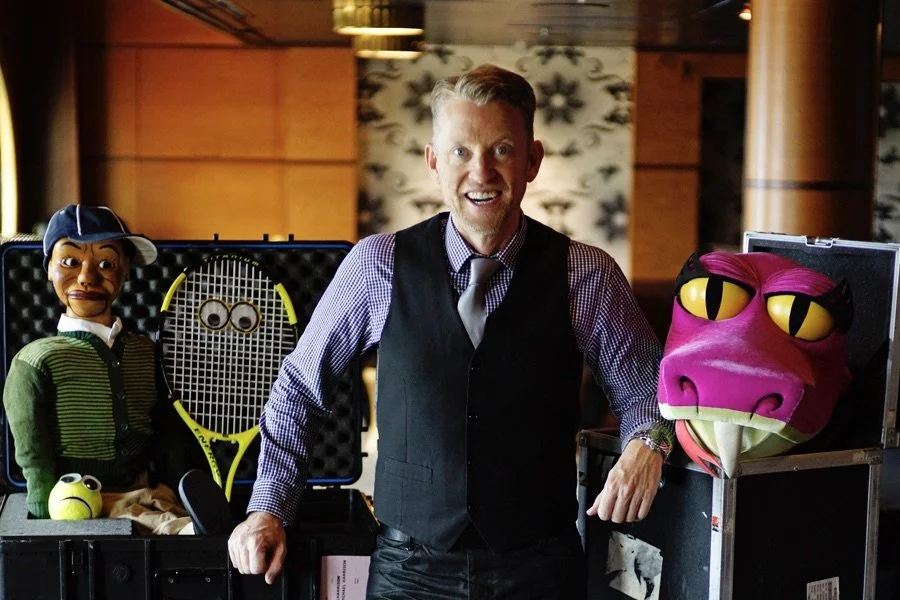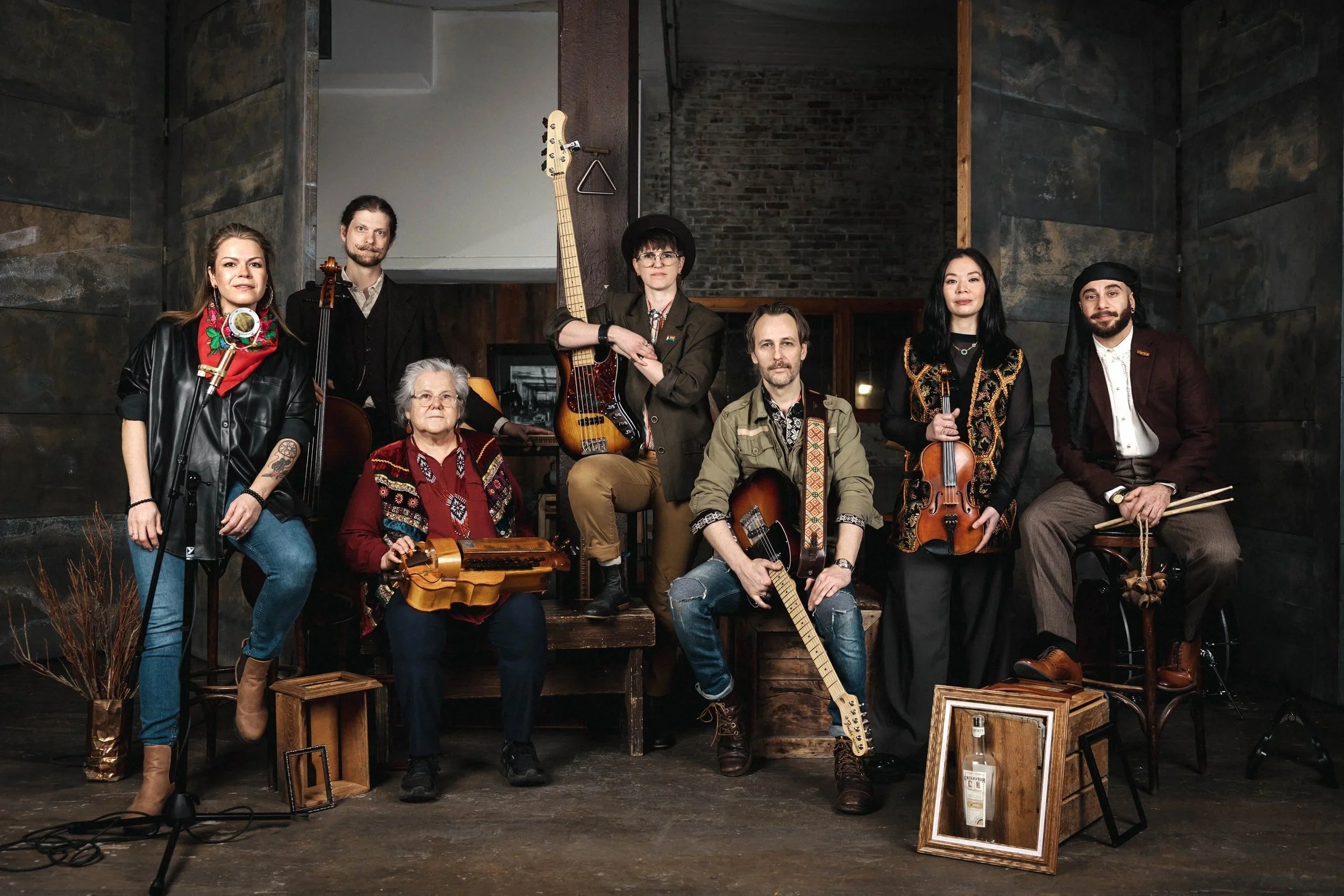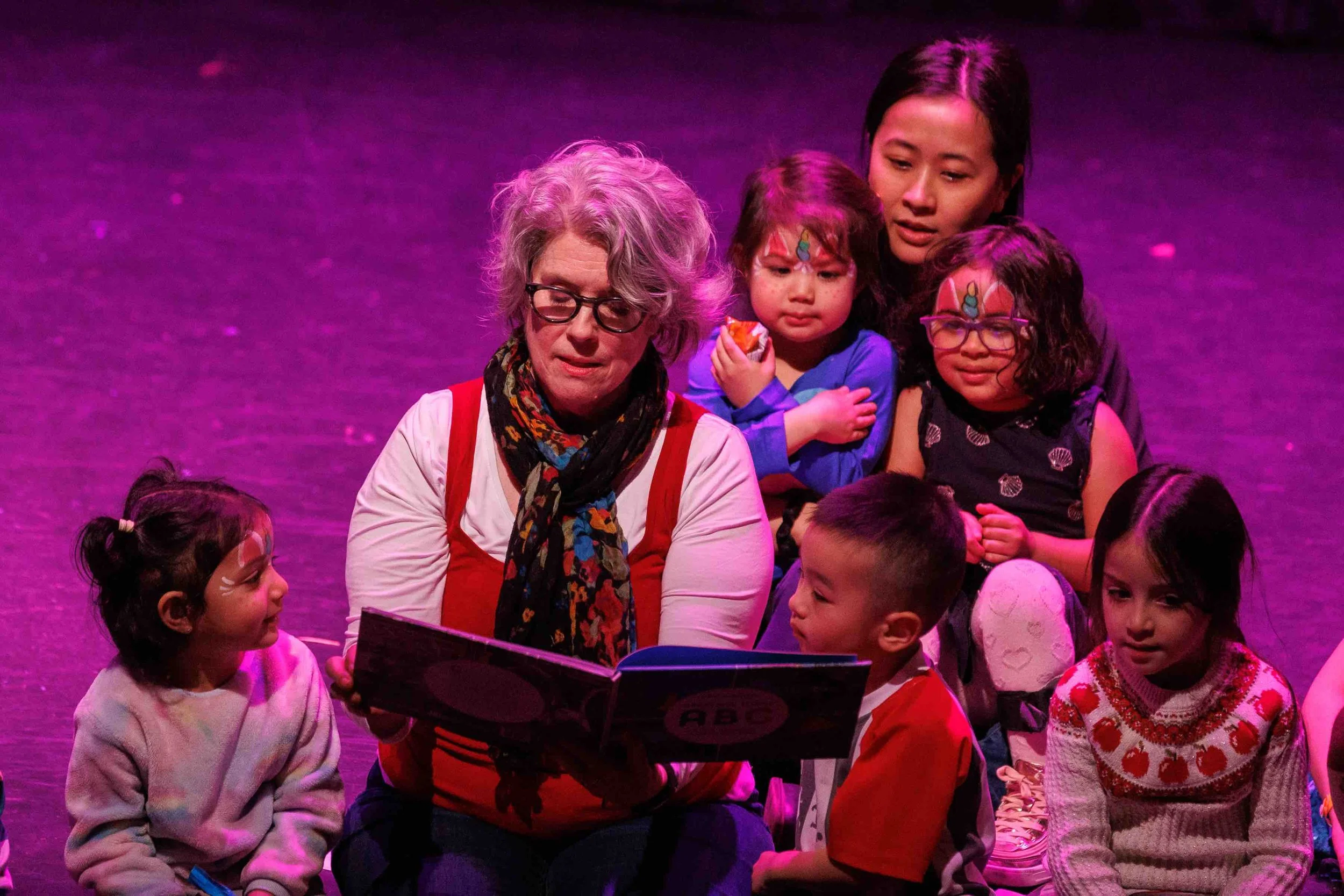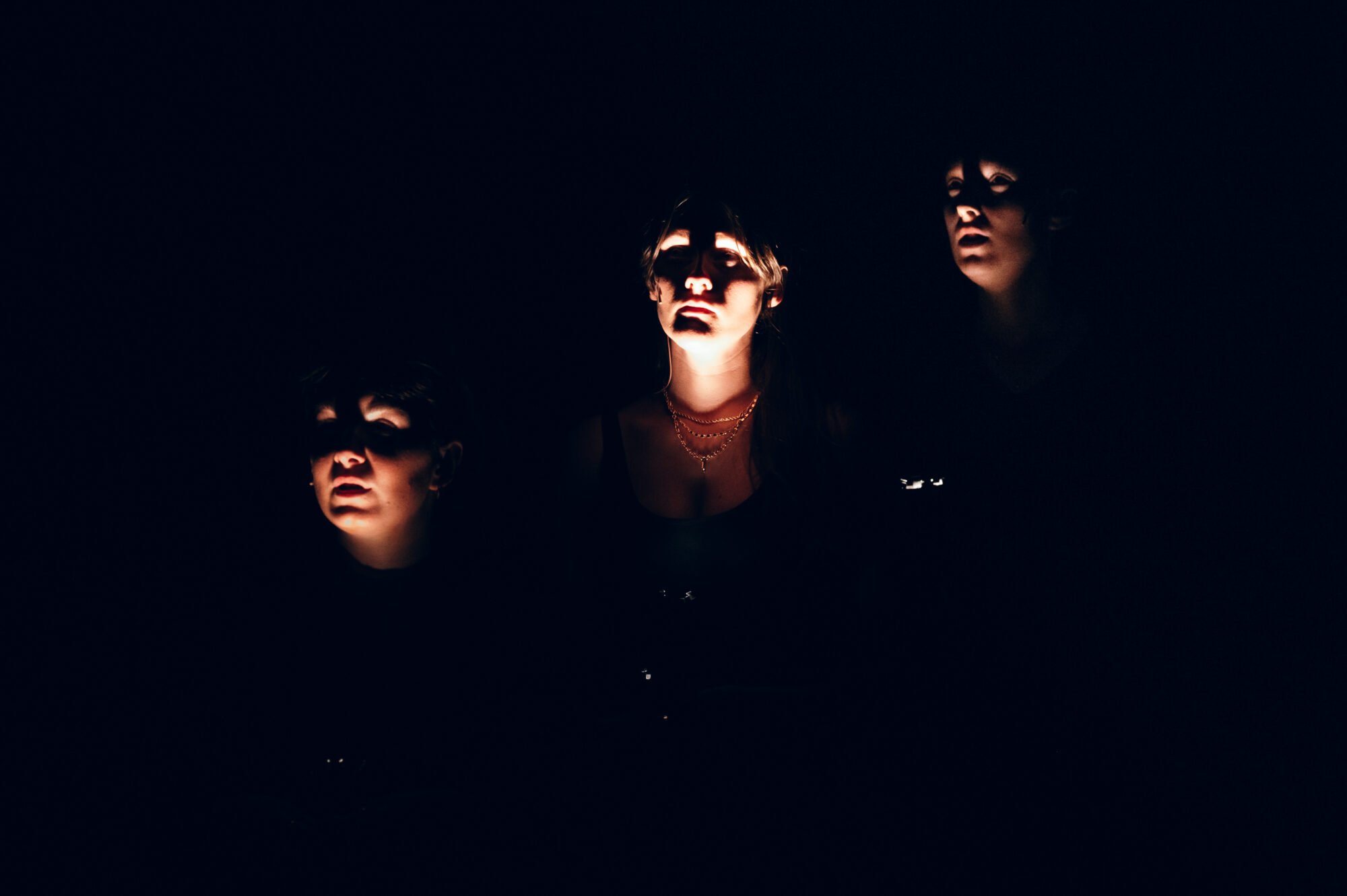Playwright Pedro Chamale draws on experiences growing up in Northern Interior for Peace Country
Summer jobs in mines and mills have given theatre artist and climate activist unique empathy for those working in the carbon economy
Playwright Pedro Chamale
Peace Country. Photo by Pedro Augusto Meza
Firehall Arts Centre presents rice and beans theatre’s Peace Country from October 12 to 22
VANCOUVER PLAYWRIGHT Pedro Chamale says his new play Peace Country finally brings together two distinct sides of himself—the urban-activist theatre artist and the small-town kid who spent his summers working in sawmills and mines in northern B.C.
The artistic director and cofounder of rice & beans theatre grew up in the small town of Chetwynd, set in the Peace River region in the foothills of the Rockies, his father working in the local mine. Chamale would go on to study at SFU School for the Contemporary Arts after high school, but he continued to return for summer jobs. And so, the carbon economy basically paid Chamale’s way through fine arts education. It also gave him a deep empathy for the workers who rely on jobs that contribute to global warming.
At first, as he became more aware of the climate crisis living in Vancouver, he began to feel distanced from his background.
“Moving to the city, you have new experiences, you change, and I found myself going to rallies and protests and making art that, you know, really vilified the industry,” he says. “Also, I found myself forgetting the humanity of the people who were actually there. Then, going back and sitting across the table from my friends that I grew up with, the ones that have known me my entire life, I went, ‘How can I speak to them about the changes that need to happen? And then how can I speak to my city friends about how we can't just forget that people make those industries run?’
“So it was like this kind of push-pull within myself.”
Now, with his new play, Chamale is pulling those urban and rural sides into direct conflict onstage—with the hope of working through the deadlock that has settled into the climate debate in B.C. He wanted to push beyond the rhetoric and the condemnation of workers in industries like mine, lumber, gas, and oil.
Researching Peace Country took Chamale back to his hometown, where he interviewed people about their views on climate action and fears for their jobs. “So many people I talked to said, ‘Don't you think I would change if I could?’” Chamale says. “To make the amount they're making, to support themselves and survive, somewhere else isn't really an option.
“I realized, I can speak to the need for change by looking at ways of including industry people in the conversation,” he adds. “I asked myself, ‘What is my climate action?’ It’s through my art and through inviting people in to sit together to experience art. I could put my whole self into it—both sides of myself. What I sometimes feel is that I deny my small-town stuff, because, you know, sometimes makes me sound dumber, or, you know, people are sorry for me that I had to grow up in a small town. I got to a point where I was kind of sick of that, that I want to bring a totality of myself—as artist, as activist, as small town settler, as son of an immigrant Indigenous man from Guatemala.”
Chamale also felt he wanted to push back against oversimplified portrayals of small towns. “I realized people are way more complicated than that,” he explains. “So it’s really trying to recognize and represent the human aspect of these people who work up there, and really bring them to life.”
Chamale has set Peace Country in an unnamed rural town in B.C.’s Northern Interior, where a new political party has taken office with the promise of taking action on the climate—planning changes that threaten the carbon-economy town that’s also suffered immense environmental degradation.
The party sends in a representative who grew up in the town to try to get through to its residents, forcing childhood friends to have tough conversations and work together for a better world. That city-dweller gets to know residents who have a stake in the carbon industry. “We have a small-town business owner who's feeling the effects of change coming to town,” Chamale explains. “We have a mill worker who's fighting for clear visibility, and we have the restaurateur who runs the Chinese-food restaurant—he took it over from his parents and is also fighting for a better future.”
Interweaving flashbacks to the town when the political delegate was growing up, Peace Country also traces the history that got B.C. to this crossroads where its Northern Interior depends on industries that have a role in climate change. It’s also set against a backdrop of raging forest fires spreading ever closer to the town borders—a metaphor that hits home after a summer of flames. “The town of Fort St. John and Tumbler Ridge were on evacuation notice as we were workshopping this, as well. Even though it's in the future, the reality is now.”
Presented with humour and heart, the play ends up being a plea for dialogue. And for hope, at a time when the climate crisis seems hopeless.
“There's hope. I think there's always hope, and I'm not going to offer anyone solutions because that's what my job is,” Chamale says. “My job is to present this in front of you to maybe make you react, think or disagree with me, and then take action about that.
"Because that's the only way we're going to get through this. And hopefully enough people will see it and will be left so unsettled, that they'll need to do something about it.”














